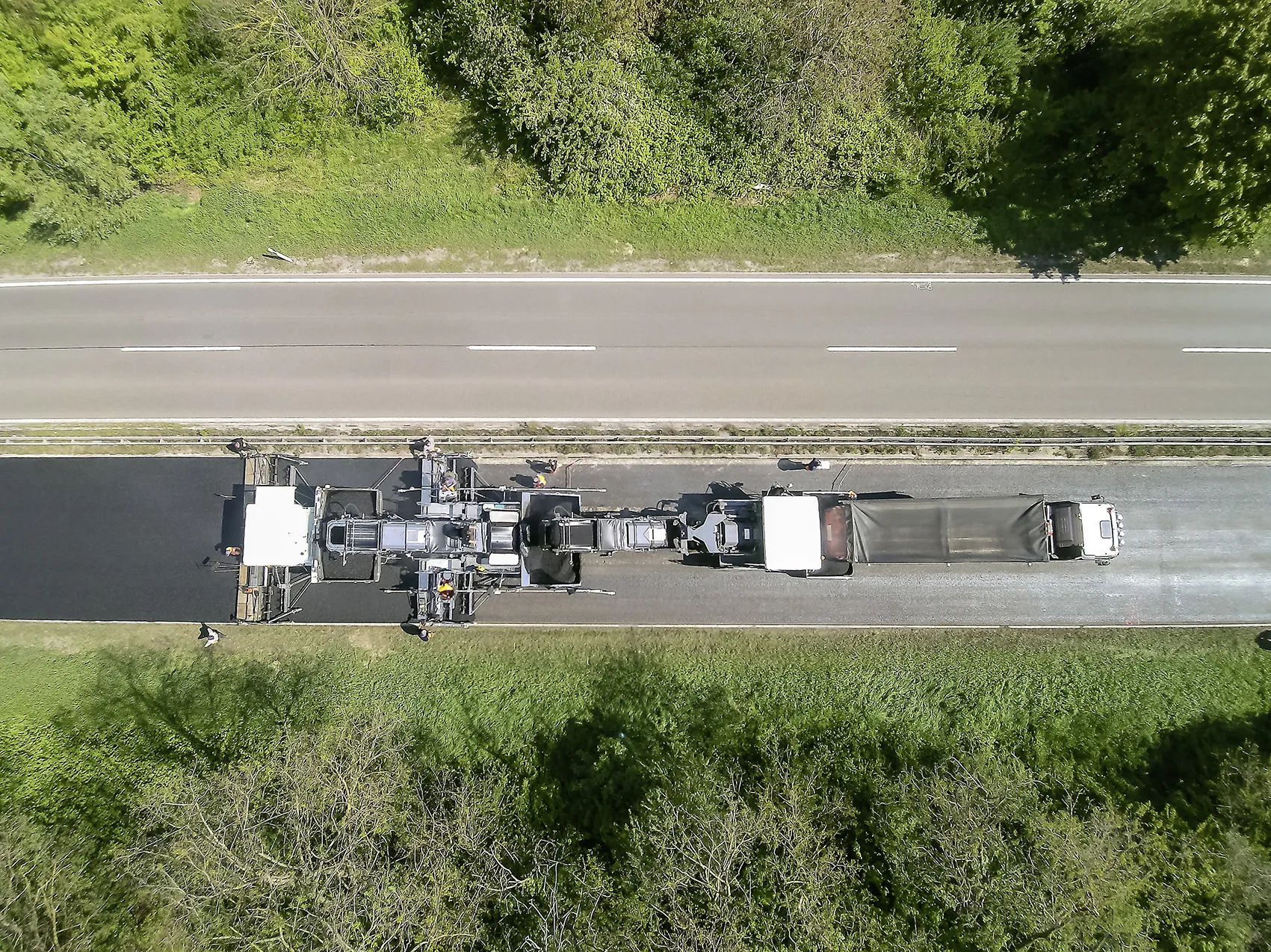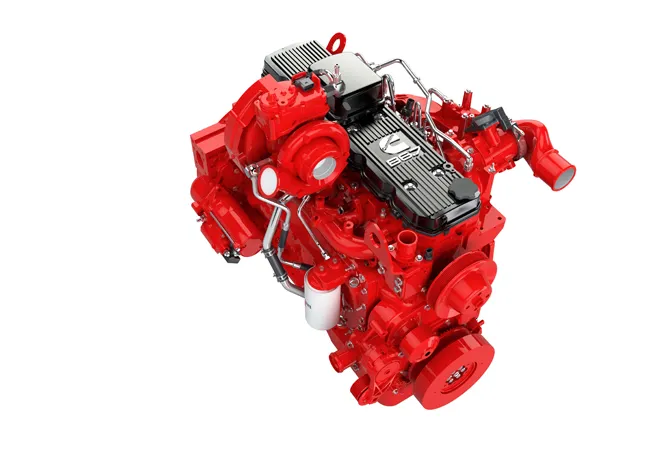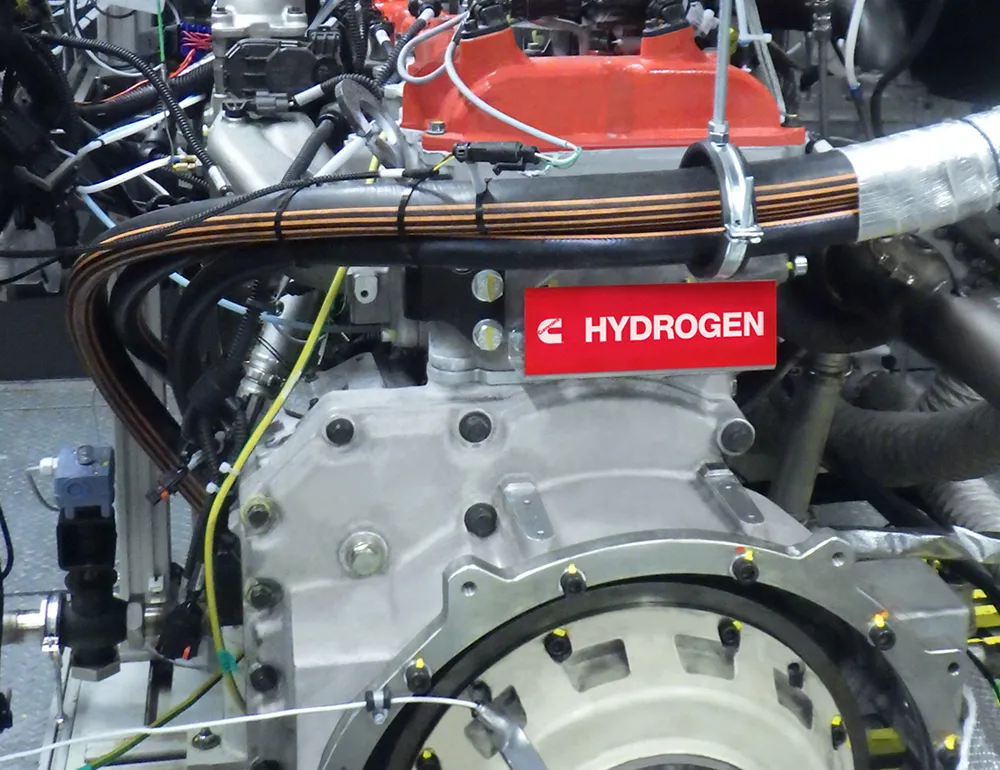A Dutch maker of valves, couplings and flow regulators claims it has developed what it calls a “sustainable 700-bar filling technique” for hydrogen cars.
The company, Teesing, says its PusH project successfully filled cylinders fast and efficiently with hydrogen at 700 bar.
The system runs at 700 bar because hydrogen has a lower energy content than natural gas, which means that the same volume contains three times less energy.
Refuelling hydrogen at a higher pressure, 700 bar, supplies enough energ
April 13, 2015
Read time: 2 mins
A Dutch maker of valves, couplings and flow regulators claims it has developed what it calls a “sustainable 700-bar filling technique” for hydrogen cars.
The company,8063 Teesing, says its PusH project successfully filled cylinders fast and efficiently with hydrogen at 700 bar.
The system runs at 700 bar because hydrogen has a lower energy content than natural gas, which means that the same volume contains three times less energy.
Refuelling hydrogen at a higher pressure, 700 bar, supplies enough energy to give a hydrogen car a respectable range, Teesing reports. “The hydrogen cylinder will have to be filled at 700 bar within three minutes, because most consumers will not wait longer than that at the filling station,” the company said in a written statement.
The problem with filling hydrogen gas at high speed is it gas expands when it becomes hot. Currently, the solution is to pre-cool the hydrogen gas, but this inefficient method results in unnecessary loss of energy. To solve this, Teesing says it has developed a system which counteracts the expansion.
The cylinder is first filled with water at a pressure of 700 bar, after which the water is displaced by introducing hydrogen gas into the cylinder at 700 bar.
Teesing reported that prototypes have been tested successfully and a patent has been issued for the PusH principle.
“No expansion, no heating, less energy loss and still possible to fill up FCVs quickly up to 700 bar. This method has the additional advantage that no extra action is required to moisten the hydrogen: fuel cells function more efficiently if the hydrogen has been moistened.”
Teesing’s partners in the project are4053 Tongji University Shanghai, China, along with WEH, Hydrogen refuelling components, based in Germany, and Itensify, a high pressure and flow control systems business in the Netherlands.
The company,
The system runs at 700 bar because hydrogen has a lower energy content than natural gas, which means that the same volume contains three times less energy.
Refuelling hydrogen at a higher pressure, 700 bar, supplies enough energy to give a hydrogen car a respectable range, Teesing reports. “The hydrogen cylinder will have to be filled at 700 bar within three minutes, because most consumers will not wait longer than that at the filling station,” the company said in a written statement.
The problem with filling hydrogen gas at high speed is it gas expands when it becomes hot. Currently, the solution is to pre-cool the hydrogen gas, but this inefficient method results in unnecessary loss of energy. To solve this, Teesing says it has developed a system which counteracts the expansion.
The cylinder is first filled with water at a pressure of 700 bar, after which the water is displaced by introducing hydrogen gas into the cylinder at 700 bar.
Teesing reported that prototypes have been tested successfully and a patent has been issued for the PusH principle.
“No expansion, no heating, less energy loss and still possible to fill up FCVs quickly up to 700 bar. This method has the additional advantage that no extra action is required to moisten the hydrogen: fuel cells function more efficiently if the hydrogen has been moistened.”
Teesing’s partners in the project are









